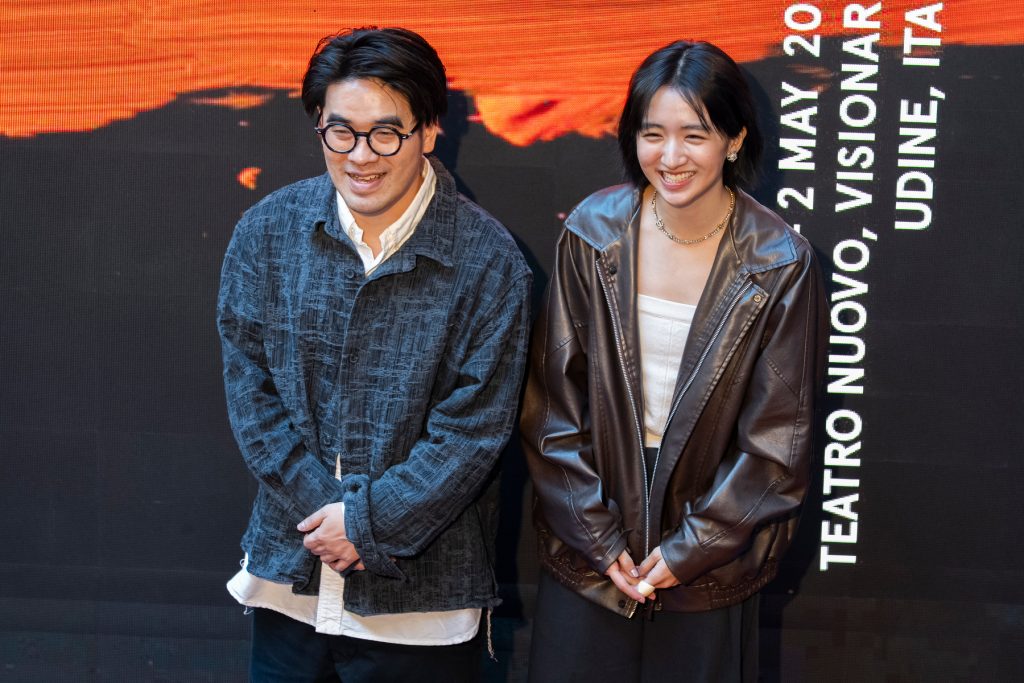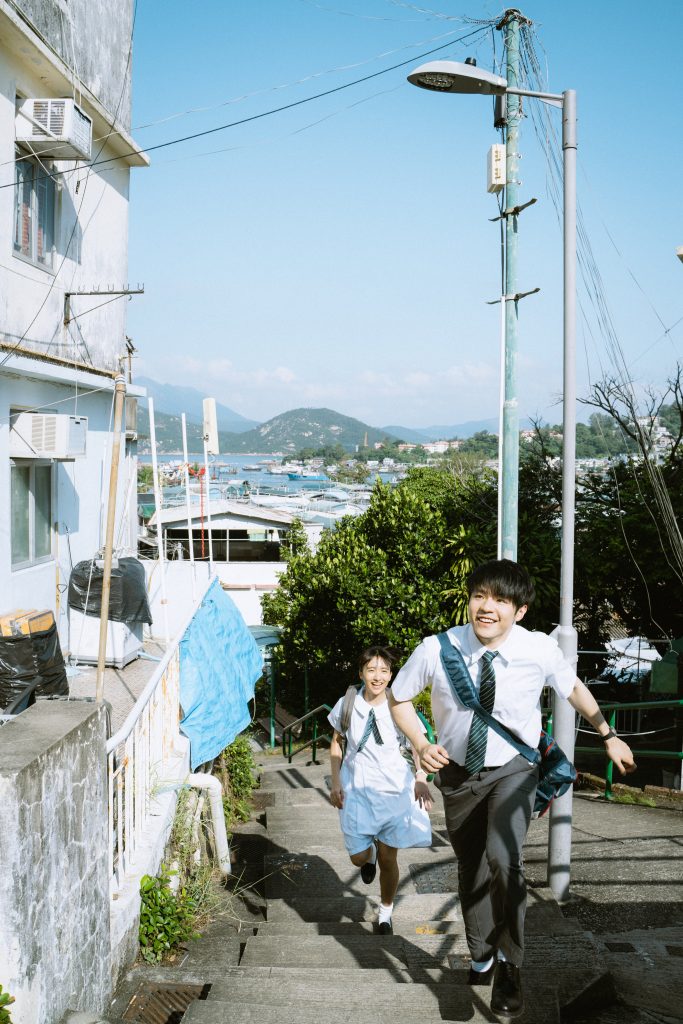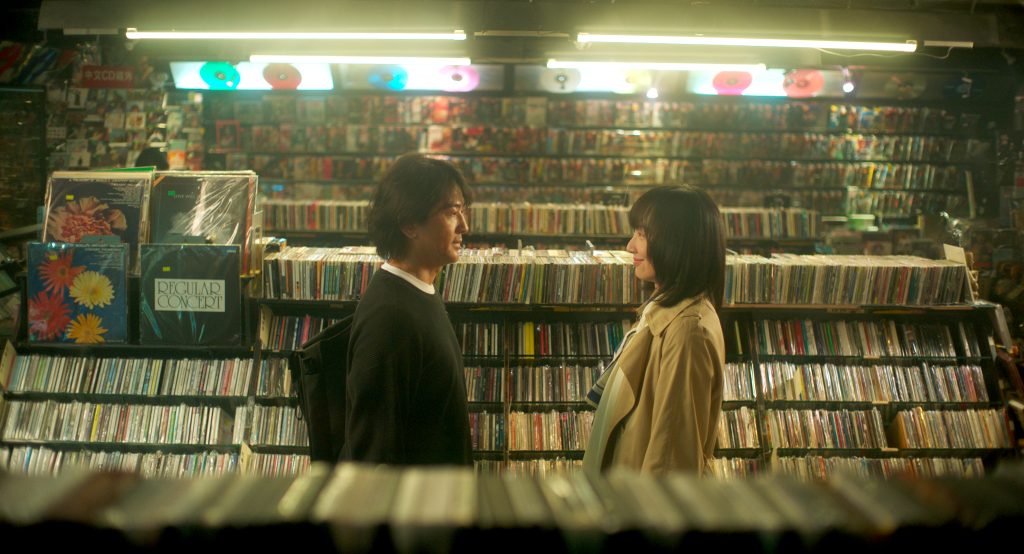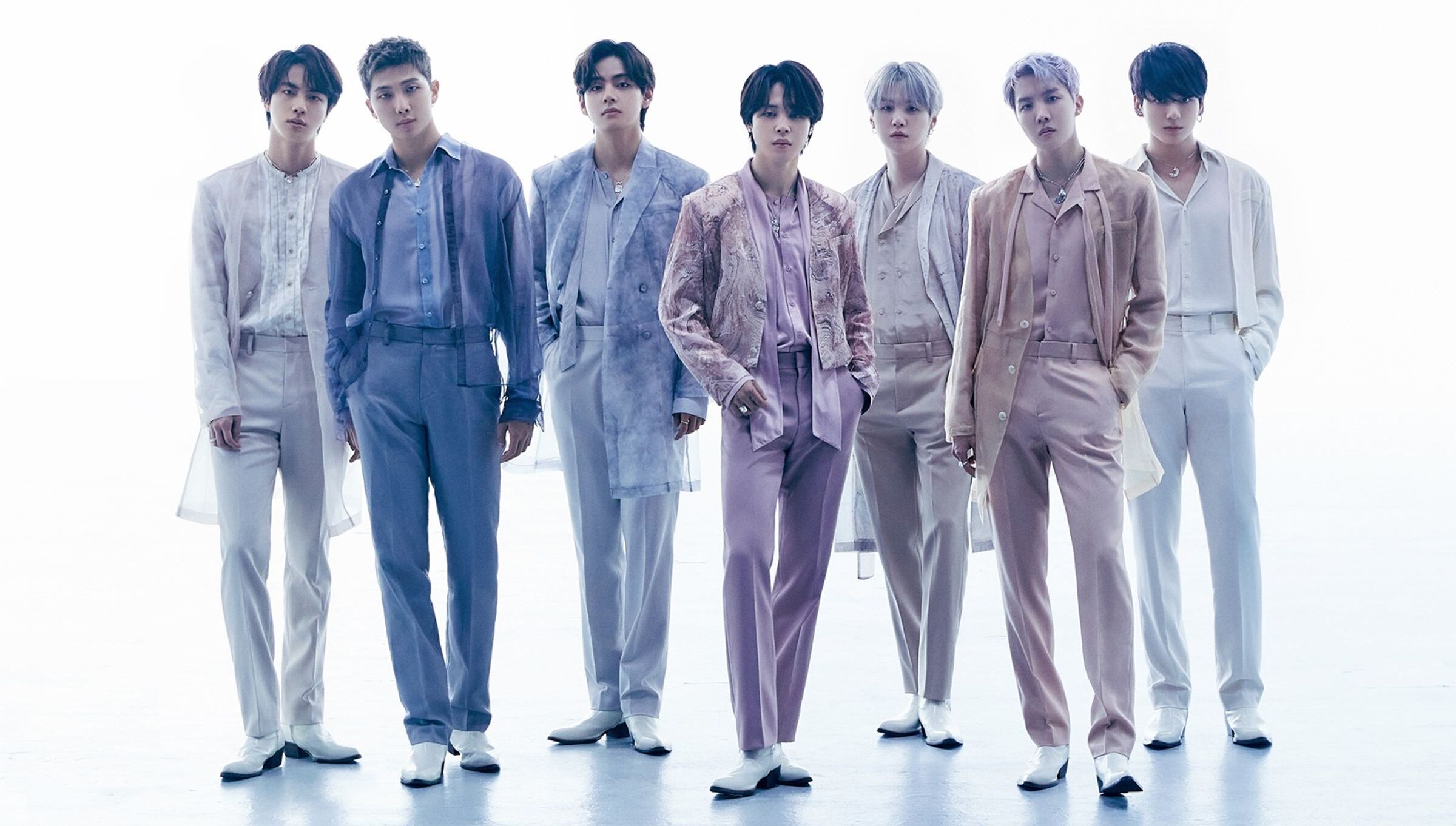On paper, at least, Jill Leung’s shift in focus might raise an eyebrow or two

Where once Leung was immersed in the world of martial arts and action – writing for the likes of Juno Mak (Rigor Mortis), Soi Cheang (SPL 2: A Time of Consequences) and Wilson Yip (Ip Man 4: The Finale and Ip Man 3) – his first production as a filmmaker in his own right is the kind of romance that leaves audiences of all ages misty-eyed.

But the facts are this was always the way Leung was going to go. The first film he ever saw was Shunji Iwai’s classic romance Love Letter (1995) – and he still adores that movie. So what possible hope did the man ever have?
Leung’s debut feature Last Song for You – which opened domestically over Christmas and is now touring festivals – is a romance of the very old-school variety, involving an ageing crooner (Ekin Cheng) pinning for a lost love, trips back and forth in time, and a haunting sense of opportunity (and love) lost.
When we meet, backstage at this year’s Far East Film Festival, both the director and his young star Natalie Hsu – she plays dual roles in the film – are still slightly overcome with the reaction their film received. “It was so unexpected and I’m still so touched,” says Leung. “They started clapping at the end and then it felt like they wouldn’t stop.”

Last Song for You pays homage to the kind of films Leung has always wanted to make – Love Letter chief among them – and its style reveals the influence of his one-time mentor at City University’s School of Creative Media – Hong Kong New Wave leader Patrick Tam, the master of moods. For his efforts he picked up a nomination for Best New Director at the recent Hong Kong Film Awards.
Leung admits to having been worried about how people would react to his debut, given romance as a genre has seen better days. But if the audience in Udine is anything to go by, the filmmaker’s timing is perfect.
Okay, let’s talk about romance. Were their concerns about the genre?
Initially, yes. We wondered whether people would be interested. But the more I thought about it, the more I thought about one thing. I think the industry – and the world – will start to lean towards more romantic genres because the world is so chaotic and messy right now. It’s going to be something that people really need, like whether that’s in Hong Kong or all around the world internationally, because we’re in such a state of disorder. People will slowly start to seek out these kinds of films because they’re the opposite of what the world is going through.
Of course, Italy is synonymous with romance. Were you surprised by the reaction over here?
It’s been a very, very big encouragement to me because I’ve watched it many times in different countries. They’ve all been very good, but here they were just so amazing. So passionate. I’ve always loved romantic movies, like Love Letter, obviously. That was the first movie my mom took me to watch. So, I guess I was hooked early. You know, I think the whole world over, romantic movies are not really being made that much. But I want to change that.
What about back home in Hong Kong – how did your audiences react and who were your audiences?

It’s also been very good. I’m very surprised. Many middle-aged men like us responded to it and I didn’t expect that. It’s given me more belief in the story and in these romantic movies. It’s shown me that if I tell stories that are close to my heart, people will react, so now I have more belief in these types of stories.
What did working as a scriptwriter on the martial arts films teach you about filmmaking? Because on paper at least this film is a surprising leap.
It’s common for people to not really be aware or conscious of the script in terms of action movies, but even action movies really need a really prominent and clear goal and direction, whether it’s for example the character being dissatisfied with the world or the character thinking I should be doing this or I have something I need to achieve. There needs to be a clear theme to steer the whole plot. So, the more immersed the audience is a reflection on how good the script is and the fact that it’s been planned and laid out really clearly and well. Whether they notice it or not, if they’re enjoying the movie, it means that the script has been written well. They are all very character-driven; they really care about the script and the characters’ backgrounds and the relationships between characters. So I’m very satisfied to work with them. Actually, Wilson [Yip] is very romantic. And so is Soi Cheang – he even wants to one day make a romance!
It’s interesting that parts of the film are set on Cheung Chau. Why did you choose the island?
It was because when you go there, you feel separated from the city, the hustle and bustle. It takes you out of Hong Kong and you feel like you’re in another world. We wanted that sense of nostalgia, too. In some ways Cheung Chau still represents the past. That nostalgia is to do with the state of the world right now because people are increasingly nostalgic for the past and simultaneously increasingly scared about what will happen in the future. On a lot of different levels there’s a feeling of disconnect in terms of what I saw and learned and heard about how it was when I was younger versus how it actually turned out to be now that I’m older. I think all aspects of life feel like that to me. Like it’s not what I thought it would be. It’s not what we were told when we were kids. And that feeling makes me more curious about what will happen in the future. In a time like this, when you have doubts about yourself, you increasingly treasure the things you had when you were little. All the things you kept, all the things you had within you and inside you when you were a kid.
And music plays such an important role in the film – helping to send characters back in time. It can be such a trigger, can’t it?
Music is so wonderful. Music is everything. He said music represents everything I love about the world. Music is the only thing that can transcend time and space.
I saw you applauding wildly when Sylvia Chang won a lifetime achievement award here in Udine. Are you a big fan?
We watched Sylvia receive her award yesterday and her speech was amazing. She said that the act of going to a theatre and immersing yourself in a movie for two hours reminds you of how romantic and beautiful life can be and this is something so important and special. We should really hold on to that experience. She said those two hours in the cinema remind her that the world is wonderful – and that’s exactly the way I feel about movies.
Also see: #review: Does Sinners starring Michael B. Jordan live up to the hype?






